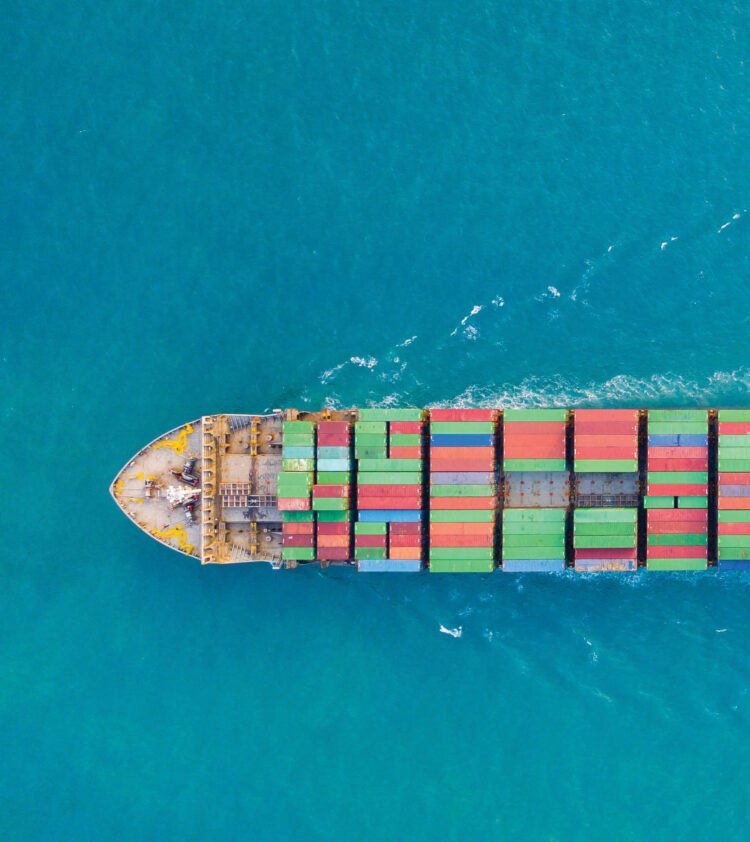Trade policies can have critical impacts on the global competitiveness of developing countries. Trade has taken on a central role in the development strategies of many countries – mostly in developing nations.
As countries become increasingly integrated into the global economy through open trade policies, this openness needs to be complemented by a range of other policies to ensure sustained export growth and diversification.
Trade capacity building (TCB) is a critical part of the United States’ strategy to enable developing countries to negotiate and implement market-opening and reform-oriented trade agreements and to improve their capacity to benefit from increased trade.
Also Read: What is CSR – Corporate Social Responsibility?
Competitive trade capacities is critical. World has become a village. Global competition is tough in every trade. A high quality product may lose its competitive edge if the support environment (regulatory framework, business infrastructure) is inadequate.
The creation or upgrading of that support environment is essentially a joint venture between the public and private sectors. Government has been playing a key role in creating aconducive trading environment.
For example, UNIDO aims to improve the competitive supply capacities of developing countries. It helps and enables their enterprises to meet international market requirements, including quality, safety, and corporate responsibility-related standards.
It also aims to strengthen the capacities of developing countries for participating in international trade, and specifically to enable them to meet market requirements for quantity, quality and safety of their products and services.
UNIDO assists SMEs to integrate into global value chains by responding to social, ethical and environmental sustainability regulations. It also helps to improve standards that can play an increasingly important part in sourcing and buying decisions of governments, institutional buyers, and consumers, in addition to the more traditional price, quality and delivery (PQD) factors.
Another example, the World Bank Group helps governments design and implement policies to maximize their trade competitiveness in both goods and services. The approach encompasses the full set of policies that shape individual firms’ capacities and incentives to import and export. The work aims to help governments reap the gains from openness to trade, regional integration, and to manage both adjustment costs and external shocks.
Also Read: 10 Interesting Facts About India Gate, New Delhi
There is a widespread consensus that ‘business as usual’ is no longer an option. The corporate actors must place environmental and social concerns to the fore in their business operations. The business community recognises the strategic value of CSR and is beginning to align products and business relationships in particular through their supply chains, accordingly.
(India CSR)






















